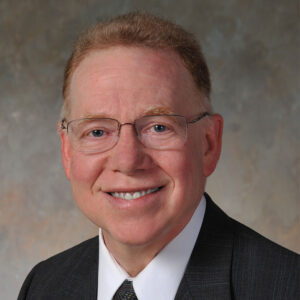 3 rheumatologists on the challenges & rewards of private practice
3 rheumatologists on the challenges & rewards of private practice
Community practice rheumatology may be a less-followed path within the specialty, and it brings with it certain challenges. However, it also offers rewards, such as autonomy and the capacity to develop deep relationships with patients. The ACR has established a Community Practice Council and a Small Team Membership option to ensure the ACR is meeting the needs of rheumatologists in independent practice, and The Rheumatologist recently interviewed three community practice rheumatologists from around the U.S. to find out their approaches to patient management, staffing and other areas of the practice. Here’s what they shared.
Staffing in Community Practice Rheumatology

Dr. Magnano
Just as in many other medical settings, staff recruitment can be a challenge for rheumatology private practices. Some of this difficulty has been due to the aftereffects of the COVID-19 pandemic; other times, it’s merely a shortage of trained workers within certain roles. At Pacific Rheumatology Associates in San Francisco, there’s been a shortage of workers looking for medical assistant, receptionist or infusion nurse positions, says Molly Magnano, MD, of Pacific Rheumatology Associates, which has four rheumatologists. The practice does not have advanced practice providers.

Dr. Chatwell
Retirements also play a role. At its peak, the Arthritis Center of Nebraska in Lincoln had five rheumatologists, but is now down to two because of retirements over the years. The Arthritis Center currently has two physicians and five advanced practice providers, says Rick Chatwell, MD, of the Arthritis Center of Nebraska. “The addition of advanced practice practitioners to our practice has allowed us to maintain an appropriate amount of office visits to support our practice,” says Dr. Chatwell, who has been with the Center since 1991.
The ability to pay a competitive salary compared to local hospitals is a challenge. “Ultimately, our employees favor the work-life balance lifestyle that a private practice offers. They may consider slightly lower wages a favorable trade-off for not working nights, holidays and weekends,” says Dr. Chatwell.
To help boost retention, Pacific Rheumatology Associates provides health insurance, a retirement plan and paid overtime when they are short-staffed, Dr. Magnano says.

Dr. Daugherty
At New England Rheumatology & Osteoporosis in Henniker, New Hampshire, staff followed Todd Daugherty, MD, when he moved from a hospital-based system to a private practice that opened just a couple of weeks before the COVID-19 pandemic began in March 2020. A solo practitioner, Dr. Daugherty says his office staff is stable because he can offer a practice workplace that is a good fit for employees.


